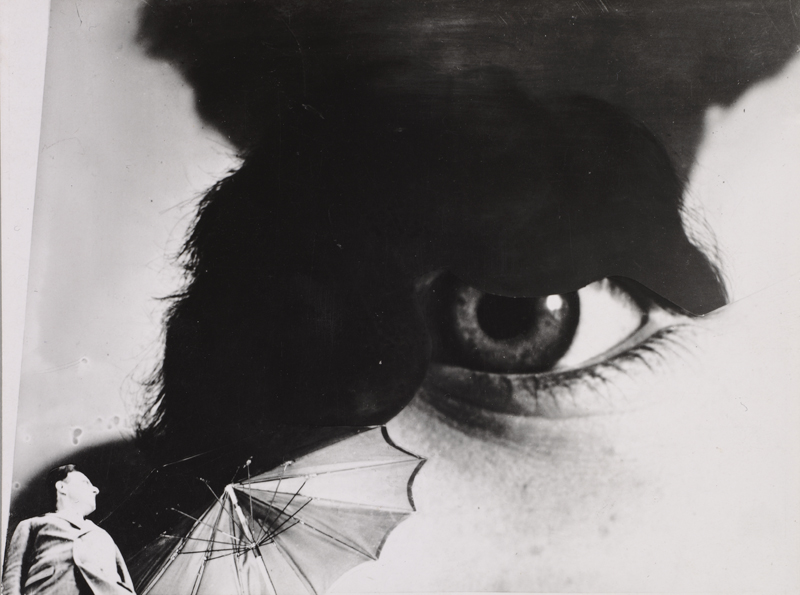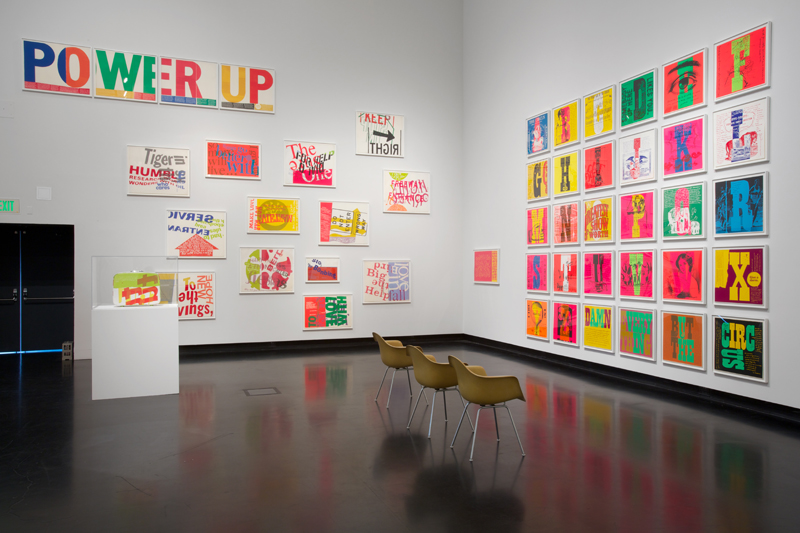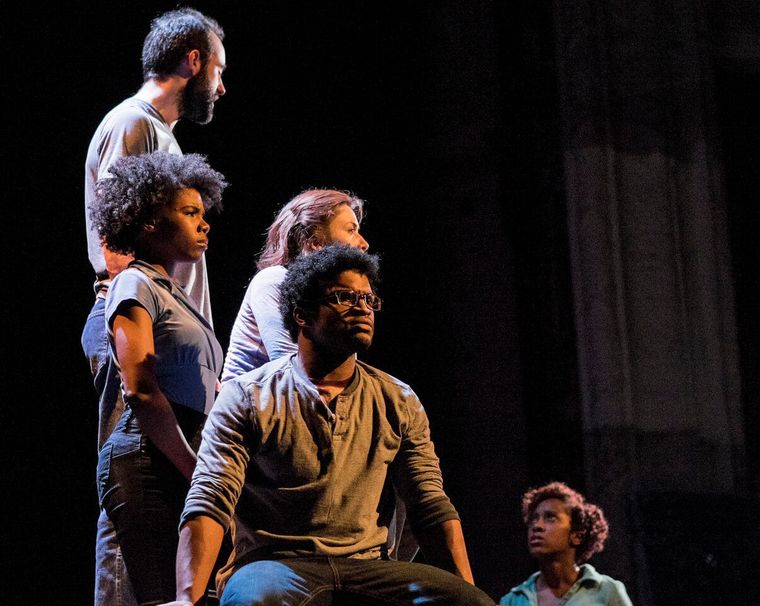By Alyssa Schmitt

Rendering / Robert P. Madison International, Inc.
Karamu House stands as a testament to the transformative power of the arts and the resilience of a community. With a history dating back over a century, the theater has become an anchor of cultural expression, social justice and inclusivity.
From its humble beginnings as a settlement house to its status today as one of the oldest African American theaters in the United States, the theater now in Cleveland’s Fairfax neighborhood has consistently enriched the lives of countless individuals as it showcases the diverse talents of artists and serves as a beacon for the Black community in Northeast Ohio.
A HISTORICAL TAPESTRY
The roots of Karamu House can be traced back to 1915, when Russell and Rowena Jelliffe founded the Playhouse Settlement at E. 38th Street and Central Avenue. The pair had studied social work at Oberlin College and after briefly living in Chicago, they moved back to Cleveland to open a settlement house as the movement to create communal spaces and solve problems together in urban neighborhoods was rising.
Tony F. Sias, president and CEO of Karamu House, says the Jelliffes originally opened the settlement house to help people who looked like them – primarily Eastern European immigrants who needed to become acclimated to urban industrial cities after coming from primarily rural areas.

As the Great Migration started, many new African American residents were moving into the settlement’s neighborhood. The Jelliffes were committed to serving the people in the community and as the neighborhood changed, thus began the integration of the settlement house.
“The story goes in 1917, two little Black boys were on the front porch of Karamu House, and they saw people inside doing activities and games and theater and things of that nature,” Sias says. “They ask Mrs. Jelliffe, could they come in, and that was the beginning of the integration of Karamu House.”
The Playhouse Settlement relocated to its current home in the 1930s. A decade later, it changed its name to Karamu House, a Swahili word meaning a “place of joyful gathering.”
Over its lifetime, Karamu House has played a pivotal role in nurturing the talents of African American artists, most notably including one of the most popular writers and playwrights of the 20th century, Langston Hughes.

Photo courtesy of Karamu House.
Hughes, who grew up partially in Cleveland, taught classes at the theater and debuted many of his works on its stage including “Black Nativity,” which is performed by the theater yearly. (Last year was the first year it moved to Playhouse Square to be performed and it’s planned to be performed there again this year).
Other notable figures who have graced the stage there include Ruby Dee, Robert Guillaume, Ron O’Neal, Bill Cobbs, Ivan Dixon, Minnie Gentry and more recently, James Pickens (“Grey’s Anatomy”), Imani Hakim (“Everybody Hates Chris”), and Debra Byrd (vocal coach and arranger for “American Idol” and “Canadian Idol”).

Photo courtesy of Karamu House.
For current Karamu House actor Drew Pope, who has been with the theater since 2018, being welcomed into its history is unlike his experience at other theaters.

“It’s like you’re putting yourself in the quilt of the timeline here,” he says. “In other words, it’s a blessing. … There’s a host of other names and talents that have come through here, and now you’re a part of it and you’re in the same vain as them.”
A JOYFUL GATHERING PLACE
Out of the 93 theaters – from community and professional to academic – that call Northeast Ohio home, only Karamu is dedicated to honoring the vastness of the Black experience, Sias says. It’s through that dedication that the theater is able to embrace and reflect the diversity of the human experience.
“These are still very universal stories, that any human being can find a point of entry because it’s really dealing with the human condition,” he says.
When choosing a play to perform, there are multiple qualities a script needs to be selected, Sias explains. It needs to find joy, revolve around social justice and equity, and also educate as well as entertain.
To see that in action, one only needs to look at the series of shows lined up for its upcoming 2023-2024 season, which includes “Clyde’s,” “The Breakfast at the Bookstore,” “It Happened in Atlanta,” and “Choir Boy.”
“This is a perfect example of being very intentional about a season that you have social issues – whether it’s around incarceration, whether it’s circa the Hough Riots, Atlanta being a central spring break activity and the coming-of-age story,” Sias says.
While many creatives have found a home in the theater, the same is true for those who visit. The audience has a sense of belonging and ownership that it’s their space when they walk in, says Treva Offutt, who is directing “Clyde’s.”
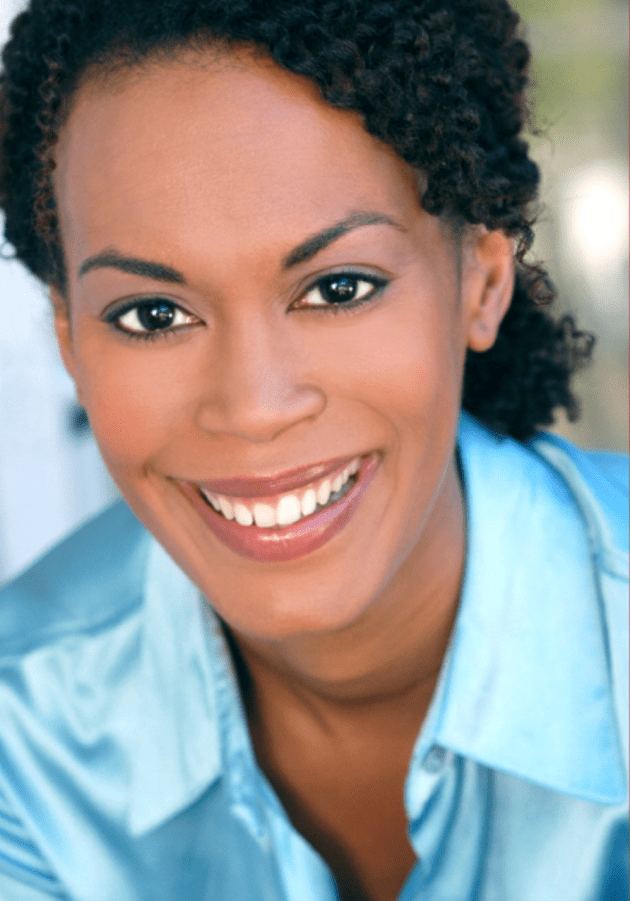
“When they come in, there’s a freedom,” she says. “There’s not a sense of having to be quiet and keep the hands on my lap. … They clap, they stand, they might talk back to the actors at times.”
One of the longstanding traditions at Karamu is to have a receiving line at the end of performances where actors are still in their costumes. It gives the actors a chance to thank the audience and allows the audience to interact with the actors, which can lead to some unfiltered reactions, Offutt says.
“It’s a unique experience, but it’s a beautiful one,” she says. “It follows what Karamu means – a joyful gathering place. So if everyone is expecting a place where they can gather, then (it) builds a community as part of that.”
While the Jelliffes were not artists themselves, they felt like if you strive toward excellence and mastery in your art form it will influence all other aspects of one’s life holistically, says Sias. That sentiment still holds true today with the artists who come to Karamu.
“The personal work – what you as the artist, actor or actress (gives), mixed in with the help that they offer, the olive branch they reach out – it just ends in success,” Pope says.

Photo / Craig Taylor
A THRIVING FUTURE
It wasn’t long ago that Karamu faced an unsteady future. In 2015, there were financial issues and a dwindling audience that almost made the theater close its doors, Sias explains. However, with his leadership, it addressed the issues and rebuilt its trust with the community. Now, it can focus on its thriving future.
That future includes a renovation to the historic building that preserves its legacy and honors its history through additions like the Hughes suite, where artists and residents will be able to gather and work.
Other additions include the Smucker’s Q89 Bistro – short for its intersection, Quincy Avenue and E. 89th Street – so guests can gather before a performance to eat, or to enjoy a cocktail after the show. Other renovations include a new marquee, updated dressing rooms, an enclosed pathway connecting the north and south sides of the building and an outdoor stage for the warmer months.
As renovations finish – which is estimated to happen by the end of the year – Karamu House looks to the next 100 years with a goal to remain at the forefront of the arts scene in Cleveland and beyond. And as recently as mid-July, the theater was awarded a $4 million challenge grant from Cleveland’s Jack, Joseph and Morton Mandel Foundation to support the remaining infrastructure and capital improvements to the campus.
By harnessing the power of storytelling and artistic expression, Karamu House aspires to create a more inclusive, equitable and compassionate society, Sias says.
“You don’t have much diversity in the ecology of theater in this region without Karamu. We are a beacon,” Sias says. “We have been steadfast for 108 years through ups and down, through leadership changes, through economic crisis, but still we stand. It’s a story of resilience, of fortitude. We represent an organization who, for a while, was just surviving and who is now thriving.”
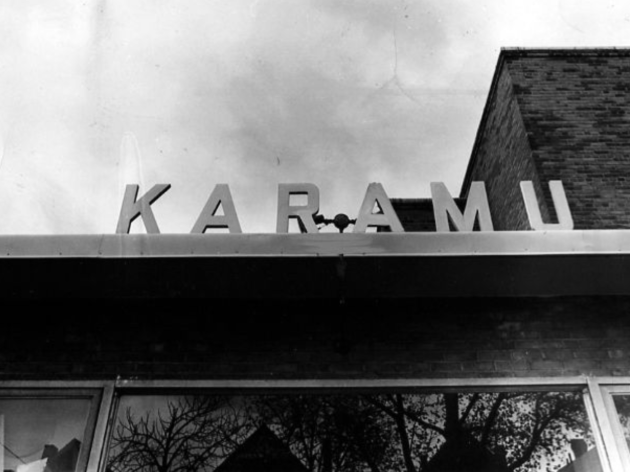
Photo courtesy of Karamu House.
ON VIEW
- “Clyde’s”: Sept. 22 to Oct. 15
- “The Breakfast at the Bookstore”: Jan. 26 to Feb. 18, 2022
- “It Happened in Atlanta”: March 8 to March 30, 2024
- “Choir Boy”: April 26 to May 19, 2024






